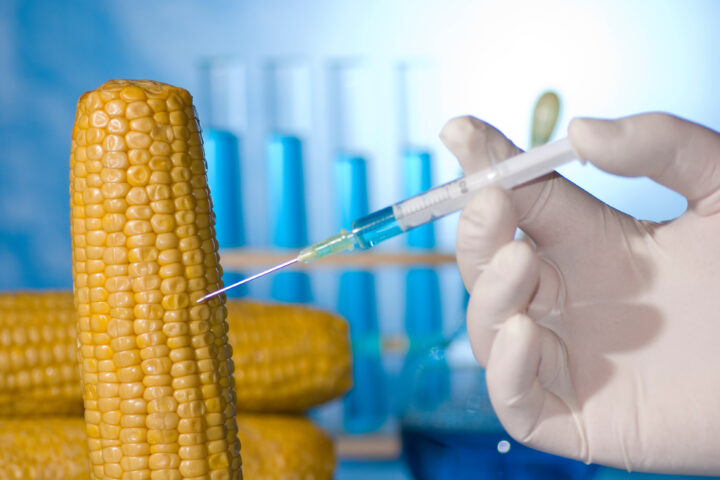
Parliament decides on a change of course in green genetic engineering
According to the National Council, the Council of States has also spoken out in favor of a loosening of the Gene-Tech Moratorium. The Federal Assembly takes the arguments from the scientific community into account with the decision. The opportunities presented by new breeding technologies are greater than the risks. The Federal Council is now called upon to initiate the approval of new breeding methods.
Thursday, March 10, 2022
Fungus resistant wines, dry-tolerant corn or gluten-reduced wheat: As the «NZZ' writes, crops bred using new breeding technologies may soon be planted on Swiss fields. Both the National Council and the Council of States have changed course accordingly in the assessment of new breeding technologies. It is true that the Gene-Tech Moratorium, which has existed since 2005, is being extended. But now the Federal Council is being asked to prepare a template by 2024, which will exclude new breeding technologies such as genome editing from the Gene-Tech Moratorium. The prerequisite is that the plants do not contain any genes that are alien to the species. Plants bred with the help of genome editing would then no longer be covered by the genetic engineering law and would no longer be «genetically modified organisms' (GMOs) from a legal point of view. They also no longer need to be declared as such.
Precision instead of coincidence
The background to the «radical change of opinion" reported by the NZZ is the enormous scientific progress made in recent years. Genome editing, which includes the Nobel prize-winning CRISPR/Cas9 gene scissors, allows the genetic material of crops to be modified in a much more precise and gentler way than was the case with older methods. Genome editing is also more gentle than currently approved breeding methods. In «undirected mutagenesis’, plant genes are exposed to radiation or chemicals to cause gene mutations. Plant breeders hope that the desired property will come about by chance. This is a lengthy process that is also used in organic breeding and has also been qualified as genetic engineering by the European Court of Justice. With CRISPR/Cas9, desired plant properties can be achieved much faster.
Openmindedness of consumers
The Greens, NGOs and organic groups expressed their displeasure with the parliamentary decision. But their arguments can easily be overcome. Again and again they claim that genome-edited plants do not correspond to the wishes of consumers. That is doubtful. If the benefits of new breeding technologies – for example, fewer plant protection products or more climate resilience – are explained, consumers have a great understanding of such technologies. This is the result of a study by the research institute gfs.bern. The ETH Zurich also achieved a similar result. Younger generations are therefore much more open to innovative approaches to agriculture than older generations.
Related articles

Enabling what is inevitable
The opponents of progress are once again in the starting blocks. In mid-April, critics of genetic engineering announced a popular initiative aimed at making any relaxation of the existing moratorium on genetic engineering impossible. The exact wording is not yet known, but the statements made by the exponents make it clear that the total blockade on modern plant breeding is to be enshrined in the constitution.

EU decision in favour of new breeding methods with stumbling blocks
On 7 February, the EU Parliament voted in favour of approving the new genomic breeding methods in the EU. MEPs voted in favour of a corresponding proposal by 307 votes to 263 with 41 abstentions. Further deliberations will now follow.

Authorisation of new crop protection products: federal government hesitates, parliament exerts pressure
In Switzerland, the authorisation of new crop protection products is stalling. And there is a disturbing asymmetry. The federal government immediately withdraws authorisations for crop protection products that the EU takes off the market.

The Federal Council and the new breeding technologies: Too little and too late
It is disappointing what the Federal Council announced in a media release on 25 October 2023 on the subject of new genetic methods. Both in terms of content and timing, the government is putting on the brakes. The dithering is incomprehensible.

